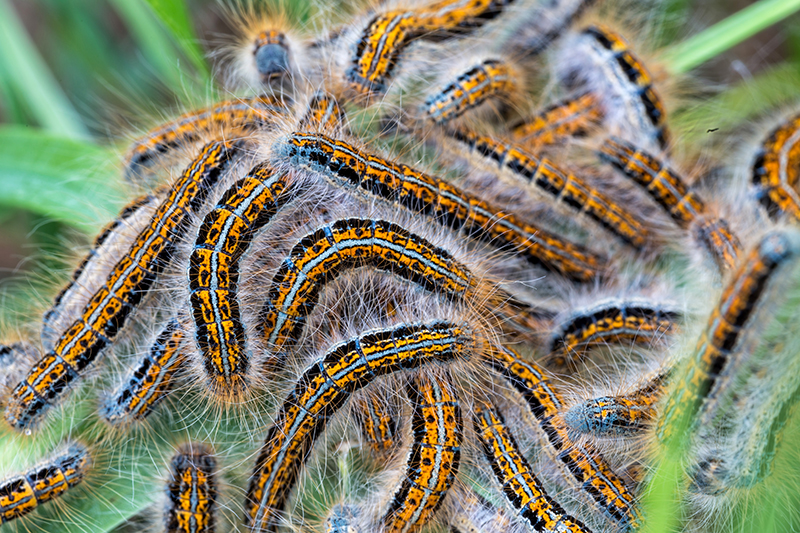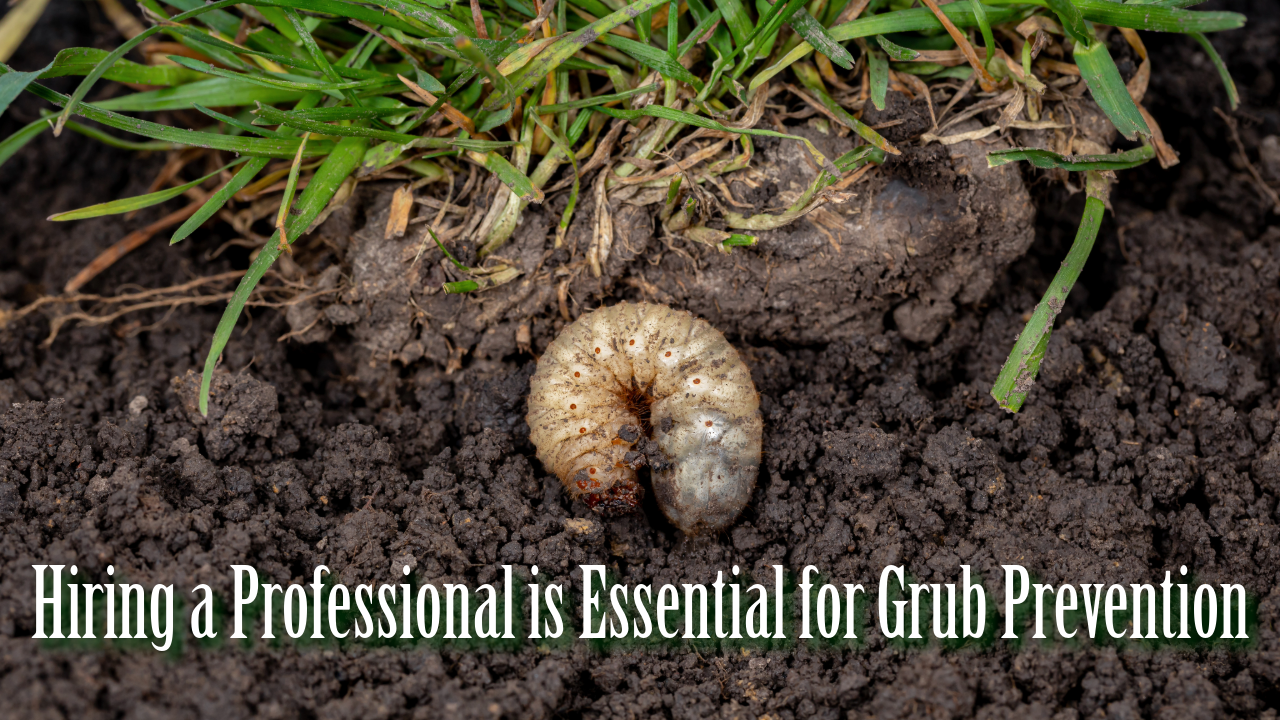How to Tell Which Pests You Have
Now that warmer weather is here, many homeowners like to get out and do gardening. What if, however, you notice areas where there is no grass—only dirt scattered in uneven patterns in your lawn? Or you see small holes in various places in the front and/or back yard?
If you see something strange on your lawn, how can you identify what the cause of the problem is? How can you tell if you have a mole or gopher, grubs, grasshoppers, or some other insect infestation? Keep reading, because we’ll tell you what to look for, so you’ll know what you’re dealing with and how to treat various lawn pest issues.
Gypsy Moths
These are one of the biggest culprits of tree and plant destruction. If you notice caterpillars on your tree trunks, you have a gypsy moth problem. The best way to prevent them is to keep your yard uncluttered, cleaning out all debris, so the female moth won’t lay eggs in those places. You can also put preventative barriers around the tree trunks. Once you’ve already spotted caterpillars, you’ll need to spray. The Veron Company has a number of sprays, depending on the stage of infestation. We also offer sprays that are non-toxic to other insects. (Please see last month’s blog on gypsy moths.)
Grubs
If you have patches of dead lawn, dirt with little grass, that means grubs have eaten the grass roots. Sometimes, if you see evidence of burrowing, a larger animal, such as a skunk, may have dug for grubs for dinner. Grubs are the larval form of Japanese, June and other beetles. The type of beetle is determined by the area where you live. Japanese beetles are rarely spotted right on your lawn. They tend to lay eggs deep in the soil. But you could catch one feasting on raspberries, or even roses. In the Northeast, grubs are a big problem. You’ll want to use products like milky spore and other sprays to control them. Then you’ll need to re-sod your lawn where there are patches of no grass.
Moles
If you see volcano-like mounds of raised soil with holes, you’ve got moles. The mounds are created when a mole pushes up from underground in tunnels so far down you can’t see. The good thing about moles is that they eat grubs, worms and other insects. The bad thing is that they obviously tear up your lawn. They tend to be found in lawns that have been watered too much, because moist soil is easier to dig through. To get rid of moles, we don’t recommend traps because you’ll have to deal with the trappings, and most people would rather not. A tip: moles aren’t big fans of castor oil, and it will discourage them.
Chinch Bugs
If you suspect your lawn isn’t getting enough water, or that it’s dying due to drought, your lawn may have fallen victim to the chinch bug. They start feeding on grass blades in spring, and are most active from June to September. First, you’ll see patches of turf that appears almost purple, then turn yellow and brown. Chinch bugs like the sunny areas of your lawn. They suck the juice from grass and inject toxins that make the grass unable to absorb water, so it dies. You may spot them in your grass. They’re tiny with black bodies and shiny white wings. It’s recommended that you dethatch your lawn to decrease the hiding places for chinch bugs. Most common pest control companies will recommend insecticides to control them. We also offer non-toxic options.
Meadow Voles
The damage done by these small rodents is usually evident when snow melts in early spring. They chew up grass and leave pathways all over your lawn. They’re usually hidden under the snow, and when it melts, they seek cover in long grass or brush to hide from cats and other predators. To deal with this problem, you’ll need to fill in the trails they make with compost or a quality potting soil. The grass usually resumes growth again. The best prevention: Treat your yard before snow comes. Another hint: castor oil repels these critters, making them less likely to return.
At The Veron Company, we’re dedicated to environmentally-friendly, effective treatments that won’t do unnecessary harm to your landscape. Contact us today for a consultation.
And keep checking our blog all spring long!
The Veron Company, serving Marlborough, Massachusetts and surrounding areas, including Cape Cod since 1982.







